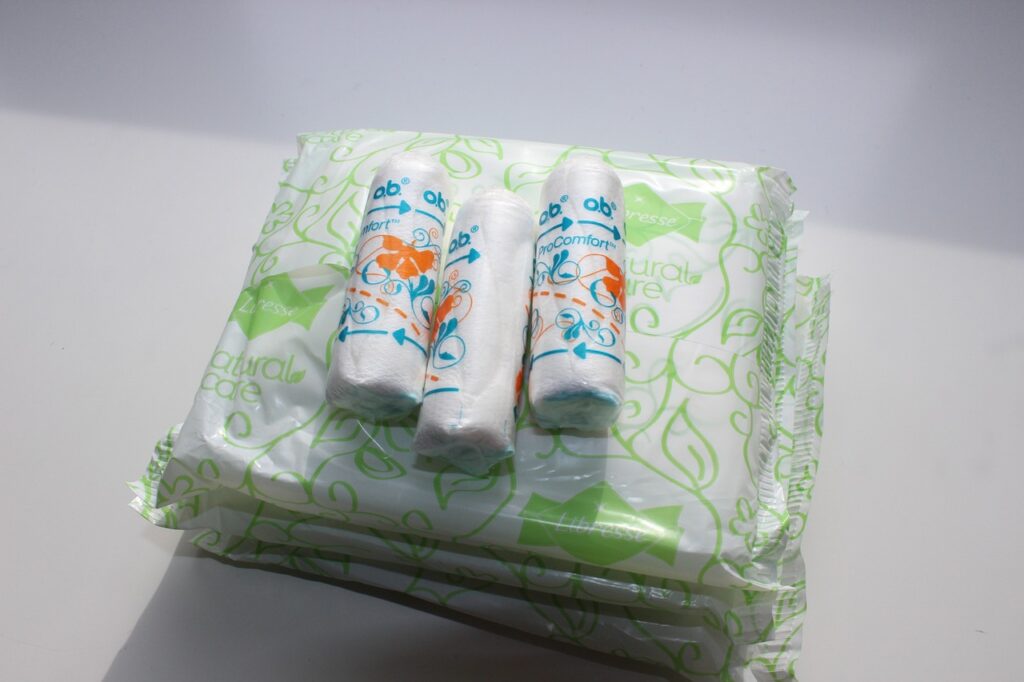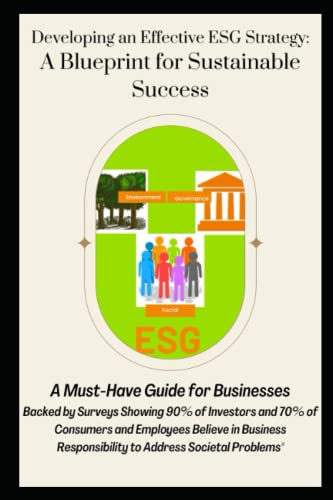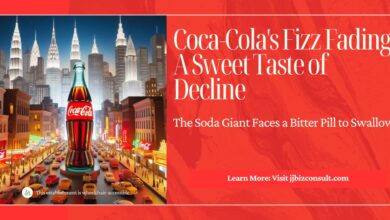Scotland Makes History with Free Menstrual Products

Scotland Makes History with Free Menstrual Products. Scotland has made history by becoming the world’s first country to provide free menstrual products to all women and girls. The new law, which was passed by the Scottish Parliament in May 2022, will come into effect in April 2023.

This is a major victory for menstrual equity advocates, who have long argued that period poverty is a form of gender discrimination. Period poverty is the lack of access to menstrual products, sanitary facilities, or information about menstruation. It can have a significant impact on women and girls’ education, employment, and overall well-being.
The COVID-19 pandemic has made it more difficult for women to afford menstrual products, leading to an increase in period poverty. A study by Women for Independence found that nearly one in five women in Scotland have experienced period poverty, which can have a significant impact on their hygiene, health, and well-being. Women spend an average of £13 a month on period products, and several thousand pounds over a lifetime.
Osmotics SkinCare™ Osmotics SkinCare™ is a Global Anti-Aging Beauty Brand.
The scheme is estimated to cost £8.7 million a year
The Scottish government has announced a new scheme to provide free menstrual products to all women and girls in Scotland. The scheme is estimated to cost £8.7 million a year, and will not be means-tested. The government had initially opposed the idea of universal provision, but reversed its position after facing pressure from its own activists and from a broad coalition of trade unions and civil society groups.
The new scheme is a welcome step forward in the fight against period poverty. It will ensure that all women and girls in Scotland have access to the menstrual products they need, regardless of their income. This will help to improve their hygiene, health, and well-being, and it will also help to break down the stigma around menstruation.
The Scottish government estimates that the new law will benefit around 1.5 million women and girls in Scotland. Menstrual products will be available for free in schools, colleges, universities, workplaces, and public buildings. They will also be available to purchase for free from pharmacies and supermarkets.

The Scottish government has said that the new law is a “bold and progressive step” that will help to “break down the stigma around menstruation” and “ensure that everyone can manage their periods with dignity and respect.”
Welcomed by Menstrual Equity Advocates around the World
The move has been welcomed by menstrual equity advocates around the world. “This is a historic moment for Scotland and for the world,” said Amika George, founder of the #FreePeriods campaign in the UK. “Scotland is showing the way forward for other countries to follow.”
Scotland’s decision to provide free menstrual products is a significant step forward in the fight for menstrual equity. It is a reminder that menstruation is a normal bodily function that should not be a barrier to education, employment, or participation in society. It is also a sign that the tide is turning on period poverty, and that more countries are likely to follow Scotland’s lead in the years to come.
In addition to the practical benefits of providing free menstrual products, the Scottish government has also said that the new law is a way to “challenge the stigma around menstruation” and “normalize the discussion of periods.” This is an important goal, as menstruation is still often seen as a taboo subject, even in developed countries. The Scottish government’s decision to make menstrual products free and available to everyone is a step towards destigmatizing menstruation and making it easier for women and girls to talk about their periods openly.
The Scottish government’s decision to provide free menstrual products is a landmark achievement that will have a positive impact on the lives of millions of women and girls in Scotland. It is a move that other countries should follow, and it is a sign of progress in the fight for menstrual equity.
The four-year grassroots campaign to provide free menstrual products in Scotland
The campaign was spearheaded by Monica Lennon, a Scottish Labour MSP. Lennon first introduced a bill to provide free menstrual products in 2017. The bill was defeated, but Lennon continued to campaign for the issue. In 2019, she launched the #FreePeriods campaign, which called for free menstrual products to be made available to all women and girls in Scotland.

The #FreePeriods campaign gained widespread support, and in 2020, Lennon introduced a new bill to provide free menstrual products. This bill was passed by the Scottish Parliament in May 2022, and it will come into effect in April 2023.
Lennon’s campaign was successful because it raised awareness of the issue of period poverty and the need for free menstrual products. The campaign also showed that there is widespread support for this issue, both in Scotland and around the world.
The passage of the legislation to provide free menstrual products in Scotland is a major victory for menstrual equity advocates. It is a reminder that menstruation is a normal bodily function that should not be a barrier to education, employment, or participation in society. It is also a sign that the tide is turning on period poverty, and that more countries are likely to follow Scotland’s lead in the years to come.
Here are some additional details about the campaign:
- The campaign involved a variety of activities, including protests, rallies, and social media activism.
- The campaign received support from a number of celebrities and organizations, including Amika George, the founder of the #FreePeriods campaign in the UK.
- The campaign was successful in raising awareness of the issue of period poverty and the need for free menstrual products.
- The campaign also showed that there is widespread support for this issue, both in Scotland and around the world.
Virgin Galactic News: Exciting First Tourist Flight to Space
Is Trading Gambling? The Truth about Risk and Uncertainty





